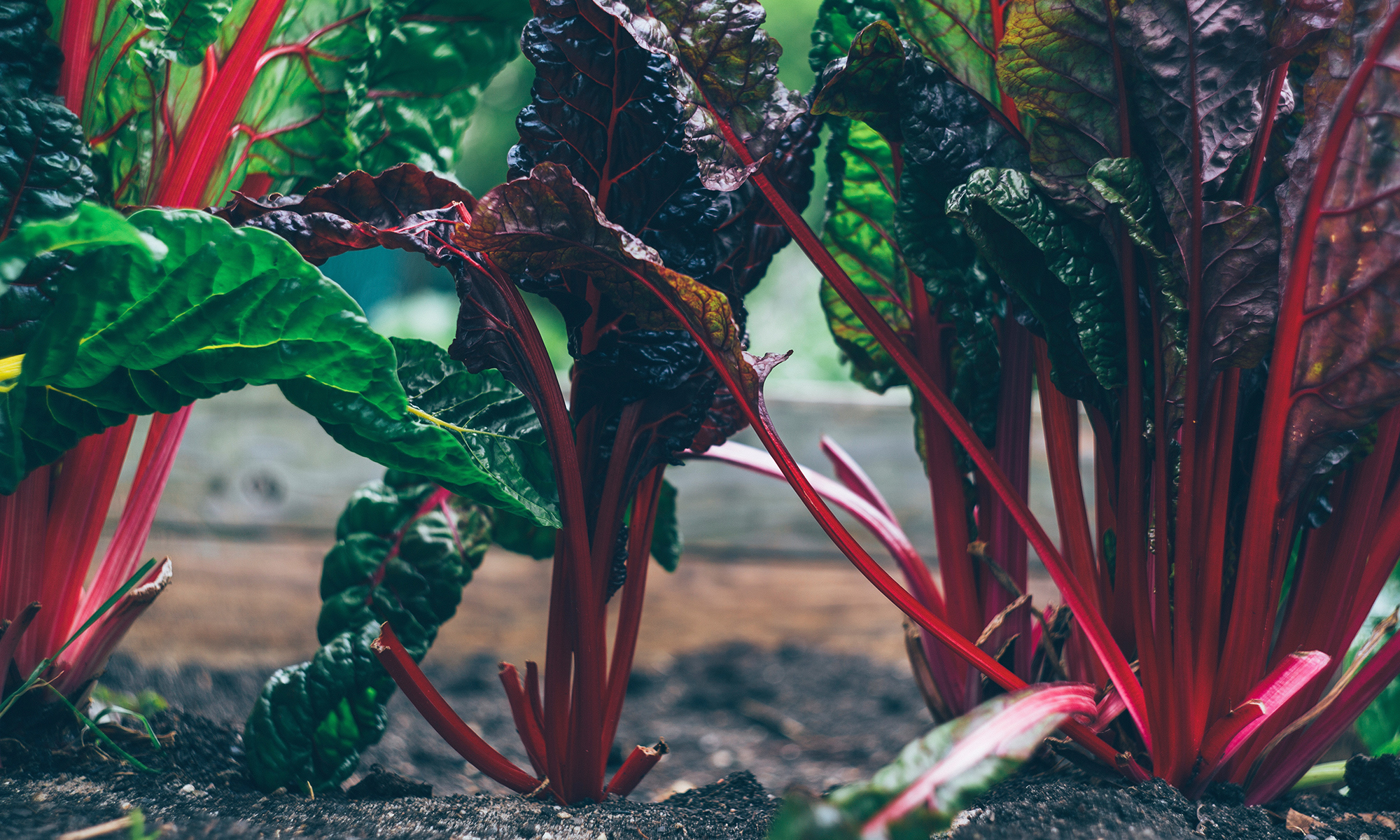My second attempt at composting is faring much better than my first. When I checked on it, 6 weeks after I started, I was thrilled to see only a banana sticker remained. All the food scrapes, newspaper shreds and coffee filters were finely ground into rich soil.
The next step is to separate the worms from the soil so that I can use it in my garden. I will leave the lid off the bin for a bit – the worms don't like light so they will burrow into the soil. As I harvest off the top layer into a separate bin, the worms will dig deeper and deeper.
I will harvest the soil into a plastic bag and seal it for a few days. This will kill off any remaining worms before I add the compost to my garden.

There’s nothing more satisfying than returning your own compost to the garden. A few worms wouldn’t hurt; they’ll aerate the garden for you.
Why no worms in the garden? Worms are not just good for the compost but great for your soil. They keep the soil ‘light and fluffy’, like the best cakes. It is a good idea to keep as many in your compost as possible as they aid the break-down process, but I wouldn’t be killing any of the beauties off before heading for the garden. They do wonders for your soil, and as far as I know nothing bad! At least not here in Scotland…
Toni – Worms are definitely good for the garden. But the variety that I use in my compost bin — the red wigglers – wreak havoc in the outdoor garden.